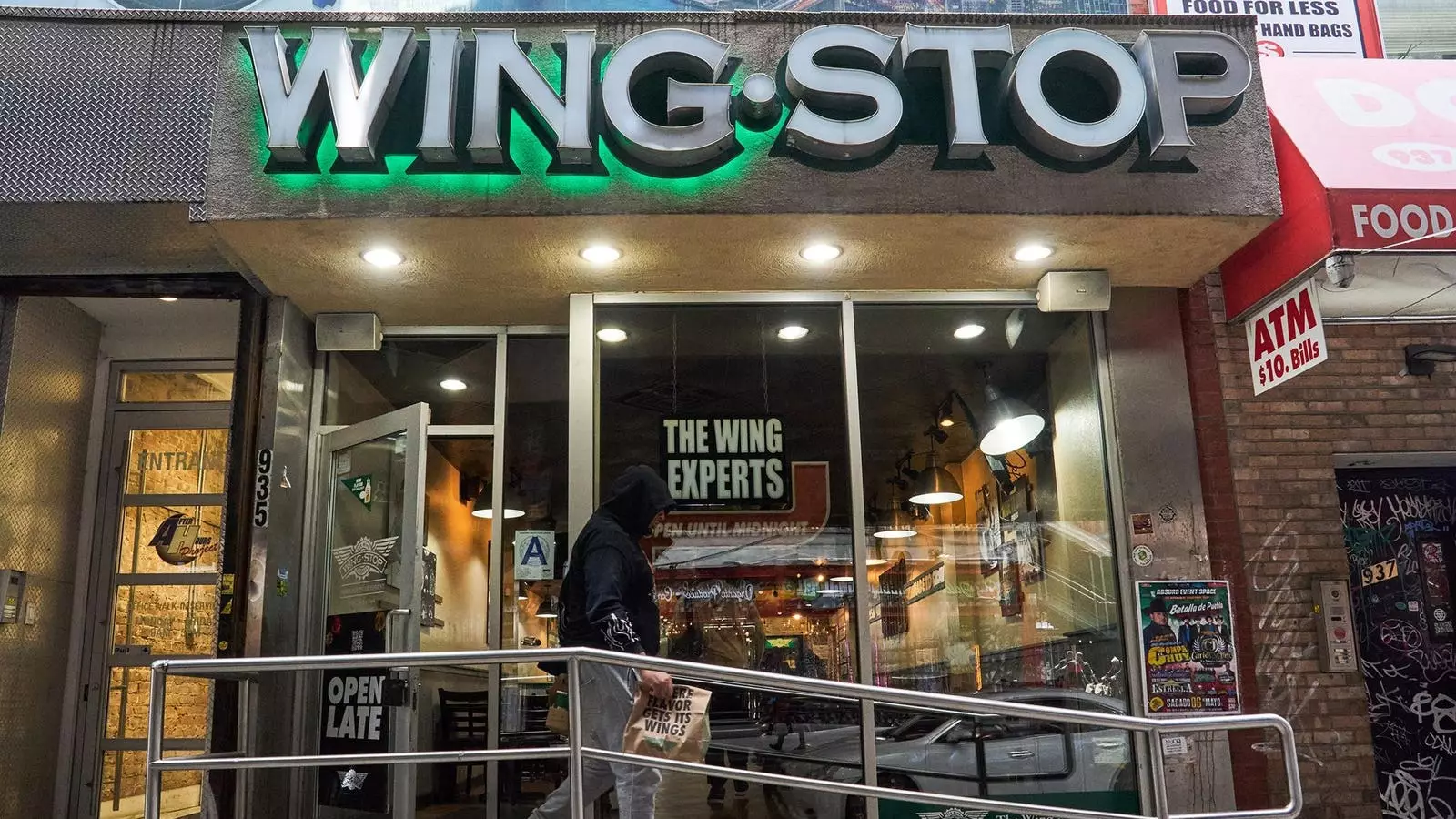The fast-food industry is a lucrative and competitive business, with fortunes to be made and lost. From well-known brands like Jimmy John’s to Chick-fil-A, the world of fast-food franchising is filled with success stories and challenges. While franchisees hope to cash in on the popularity of these brands, the financial landscape of the industry remains surprisingly opaque. Despite the requirement for franchise disclosure documents that outline fees, costs, and the relationship with the brand, understanding the profitability of individual franchisees can be a daunting task. In this article, we will take a closer look at the complexities of fast-food franchising by examining the financial performance of four top fast-food franchises.
Founded in 1994 as a buffalo-style chicken wing restaurant, Wingstop has become a prominent player in the fast-food industry. Despite ownership changes over the years, including a stint with private equity firm Roark Capital, Wingstop has maintained its position as one of the fastest-growing restaurant concepts. With flavors like Lemon Pepper and Hot Honey Rub, Wingstop has cultivated a loyal customer base. According to estimates, Wingstop boasts an impressive net margin of 17%, making it a sought-after franchise opportunity. Notable franchisees, like rapper Rick Ross, have found success with Wingstop, further solidifying its reputation as a profitable investment.
Founded in 1989 by Don and Linda Eckles, Scooter’s Coffee has become synonymous with quality coffee and exceptional service. With 750 kiosks across the U.S., Scooter’s Coffee is known for its signature drink, the Carmelicious, which has garnered a devoted following. Despite the initial investment required to open a Scooter’s Coffee franchise, the brand’s 28% annual growth rate positions it as one of the fastest-growing quick-service franchises in America. With territories still available in multiple states, prospective franchisees have the opportunity to capitalize on the coffee craze sweeping the nation.
Peter Cancro’s journey from a part-time sandwich shop employee to the owner of Jersey Mike’s is a testament to perseverance and dedication. With over $3.3 billion in systemwide revenue and a 20% annual growth rate, Jersey Mike’s has solidified its status as a leading fast-food franchise. The chain’s meticulous training, strategic investments, and national ad campaigns have contributed to its success. Despite the stringent selection process for new franchisees, Jersey Mike’s remains an attractive investment opportunity for those looking to join a rapidly expanding brand.
Founded in 1997 by Eric Jenrich and David Waler, Tropical Smoothie Cafe has revolutionized the smoothie and sandwich industry. Known for creative blends like the Island Green and Bahama Mama, the brand has experienced 12 consecutive years of same-store sales growth. With over 1,400 locations across 44 states, Tropical Smoothie Cafe has captured the hearts of health-conscious consumers. The acquisition by Blackstone in June 2024 signals a new chapter of growth and innovation for the fast-growing brand.
The world of fast-food franchising is a dynamic and complex landscape filled with opportunities and challenges. From established brands like Wingstop and Jersey Mike’s to up-and-coming chains like Scooter’s Coffee and Tropical Smoothie Cafe, the industry attracts aspiring entrepreneurs and seasoned investors alike. While success stories abound, navigating the nuances of franchising requires careful consideration and market analysis. By understanding the financial performance and growth potential of fast-food franchises, prospective franchisees can make informed decisions that lead to long-term success in this competitive industry.

